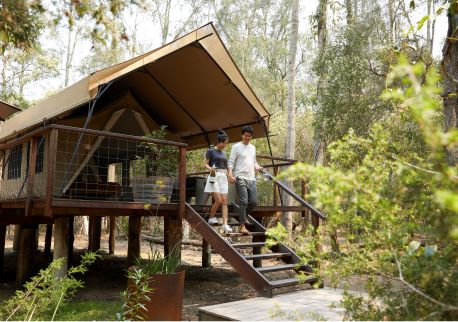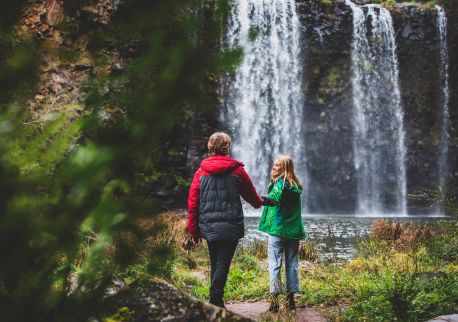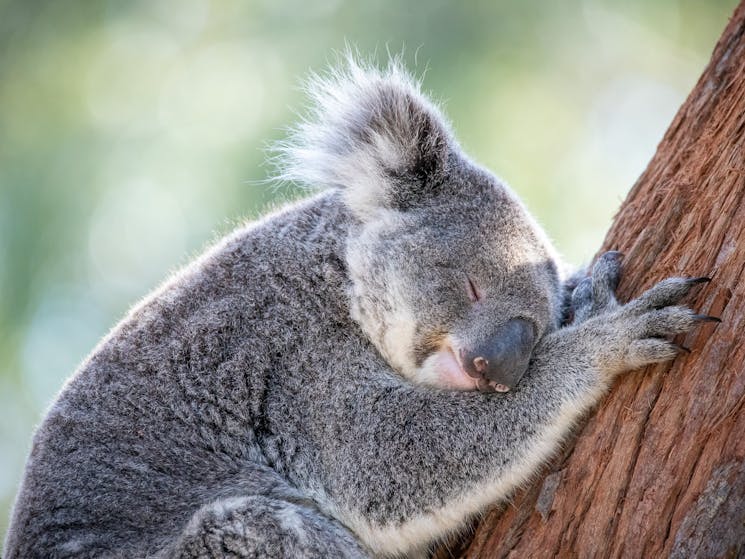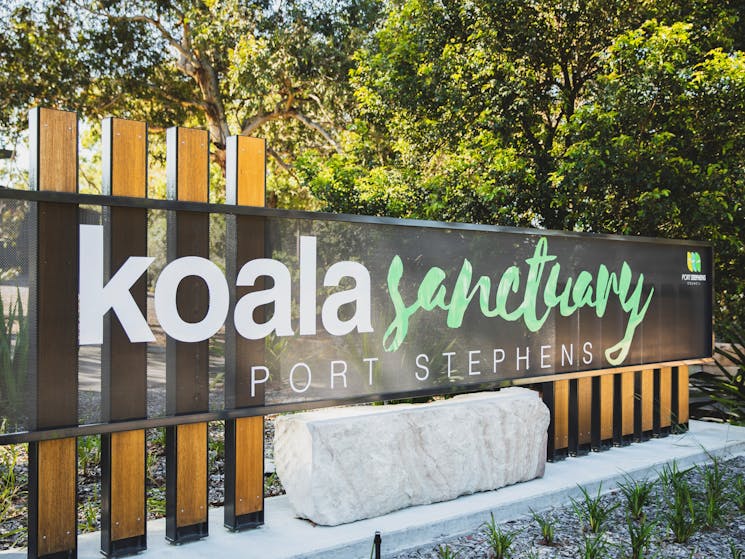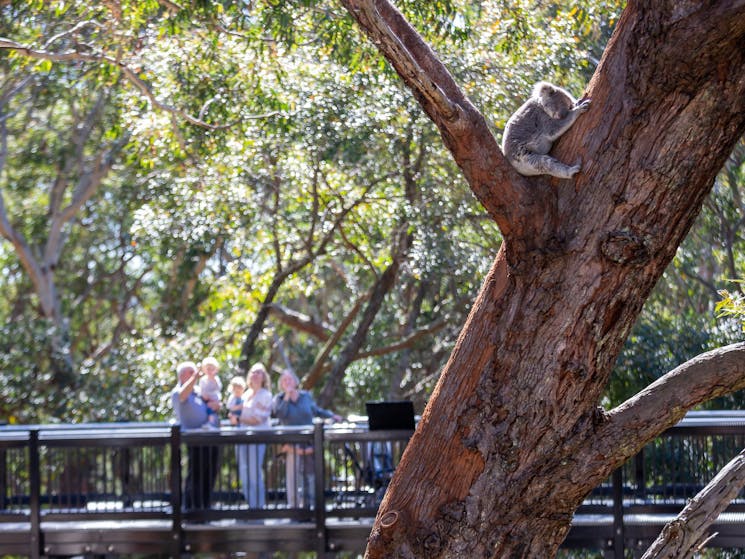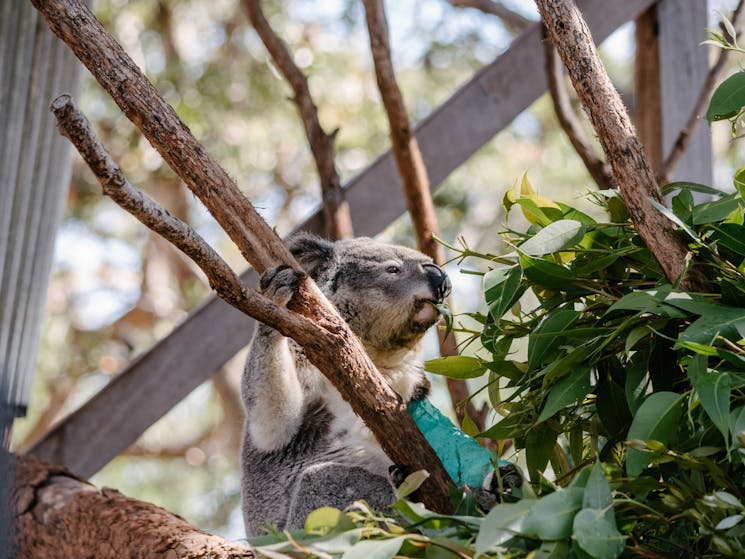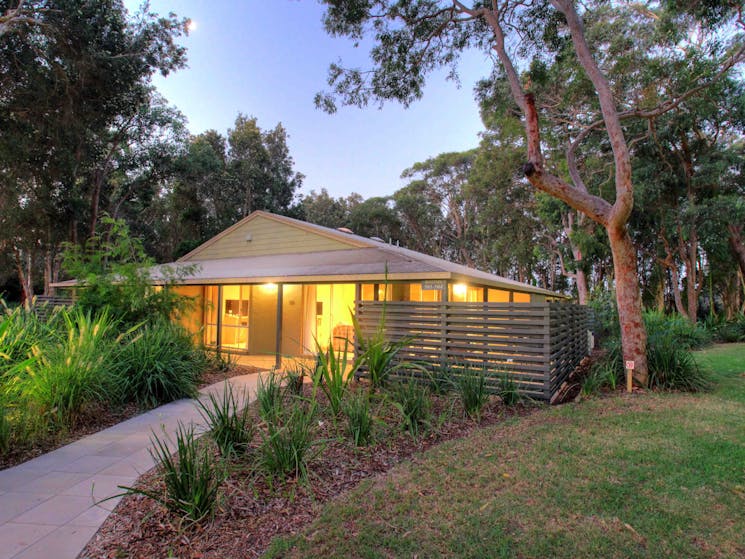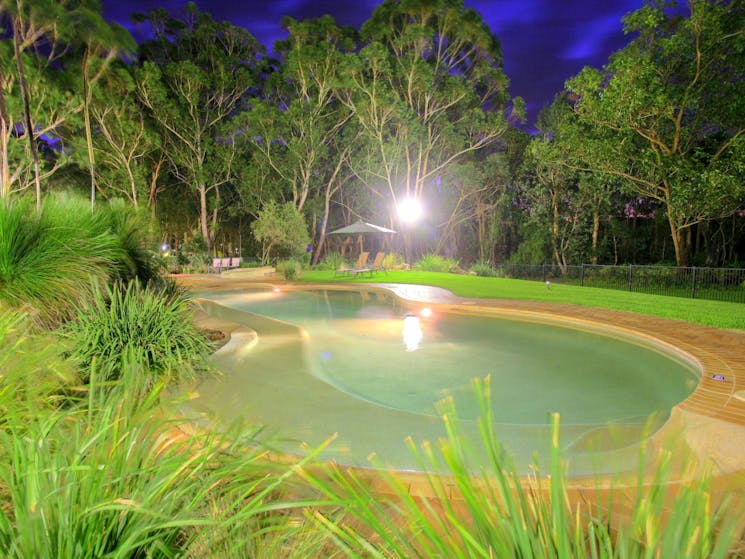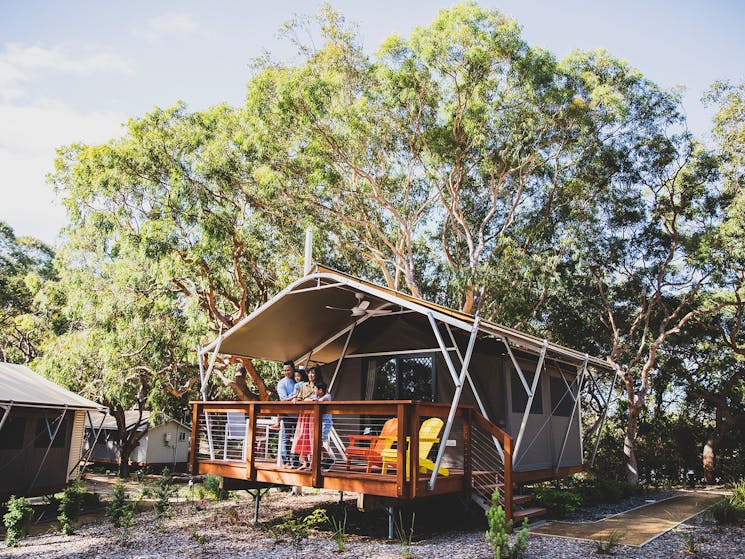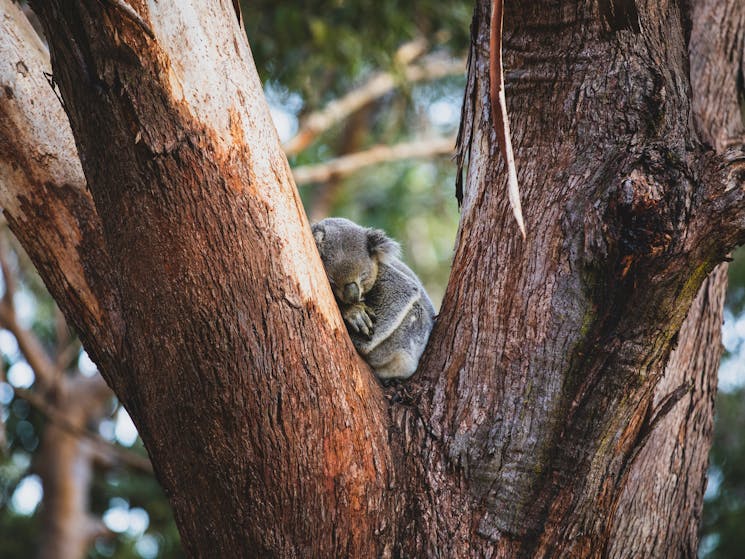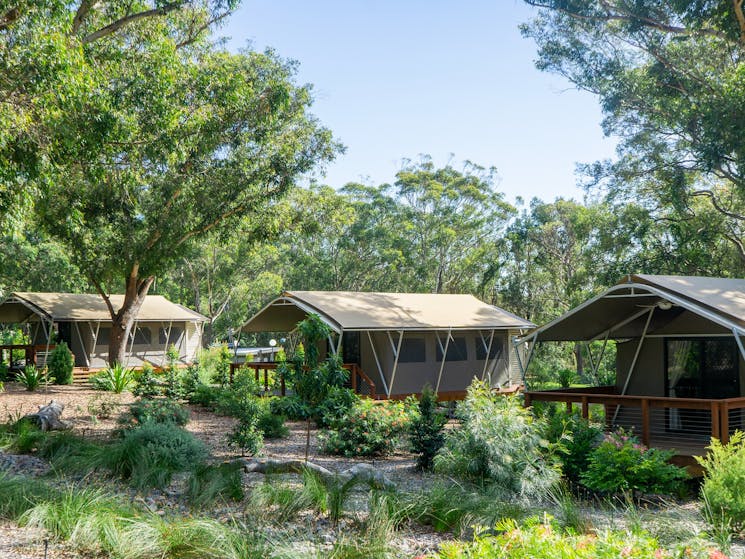Port Stephens Koala Sanctuary
Overview
Port Stephens Koala Sanctuary has partnered with Port Stephens Koalas to provide a unique opportunity to see these beautiful creatures in their natural habitat. Offering first-class care to sick, injured and orphaned koalas to support their long term rehabilitation and preservation in the wild.
The Sanctuary Story Walk is a 250 metre meandering pathway offering an immersive educational experience for all ages telling the story of the koala and its habitat through artistic sculptural representations.
The Sanctuary SKYwalk and the viewing platform is a 225 metre in length elevated pathway and viewing platform, offering a unique ‘tree top’ perspective into the koala’s natural habitat, a perfect photo opportunity and an educational experience.
Visit the state-of-the-art Koala Hospital with Intensive Care Unit treatment rooms and holding pens. Take a look through the hospital viewing window as veterinary staff carry out *examinations and administer treatment to koala inpatients’.
Fat Possum Café offers a range of ‘grab and go’ eats and treats, baristas coffees and a range of quality souvenirs in a tranquil bushland setting to remember your special day.
Wake up with the koalas! Enjoy a unique overnight experience in a Deluxe 4 Star Glamping tent that offers the perfect place to rejuvenate while enjoying a unique nocturnal and bushland setting.
Accessibility
Actively welcomes people with access needs.
Caters for people with sufficient mobility to climb a few steps but who would benefit from fixtures to aid balance. (This includes people using walking frames and mobility aids)
Have accessibility information and photos, including of a bathroom, room and/or floor plan on your website (can be emailed on request)
Offer a range of contact methods for receiving complaints
Offer multiple options for booking - web, email, phone
Welcomes and assists people who have challenges with learning, communication, understanding and behaviour. (includes people with autism, intellectual disability, Down syndrome, acquired brain injury (ABI), dyslexia and dementia)

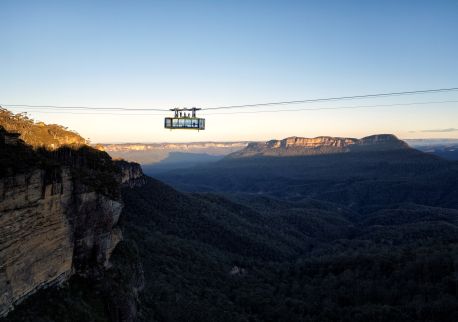
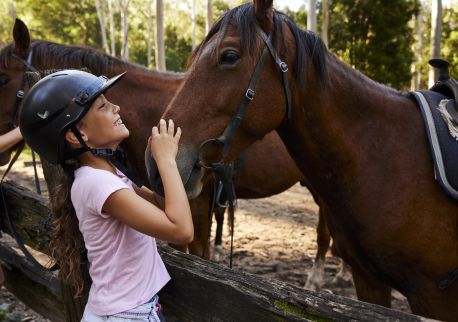
.jpg?h=b9ed6e60&itok=3PLfeieL)


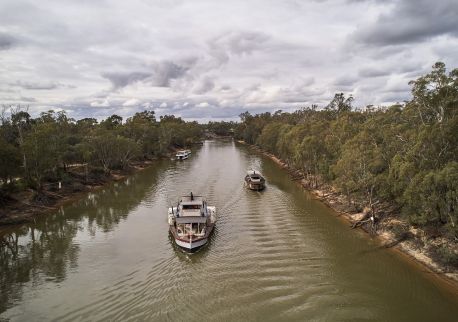

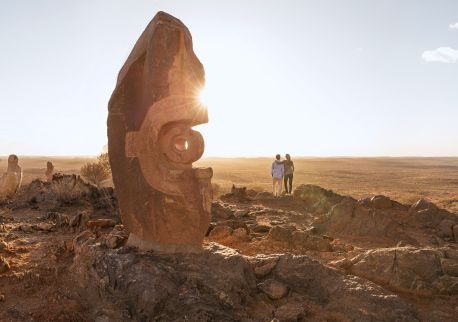
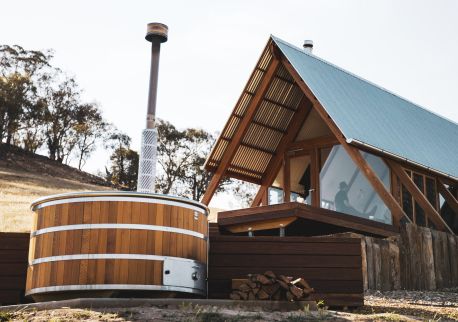

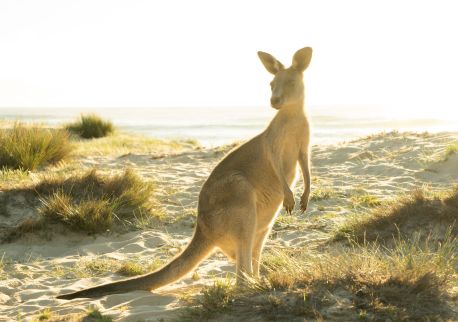
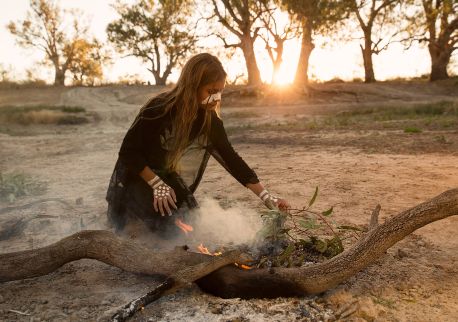
.jpg?h=d9f98e8a&itok=rUhd3pgd)
.jpg?h=c813bc7b&itok=XF1hMB0e)
.jpg?h=3c631b11&itok=4Pi3SECS)
.jpg?h=d8b8f6c8&itok=Z3TU1EW1)

